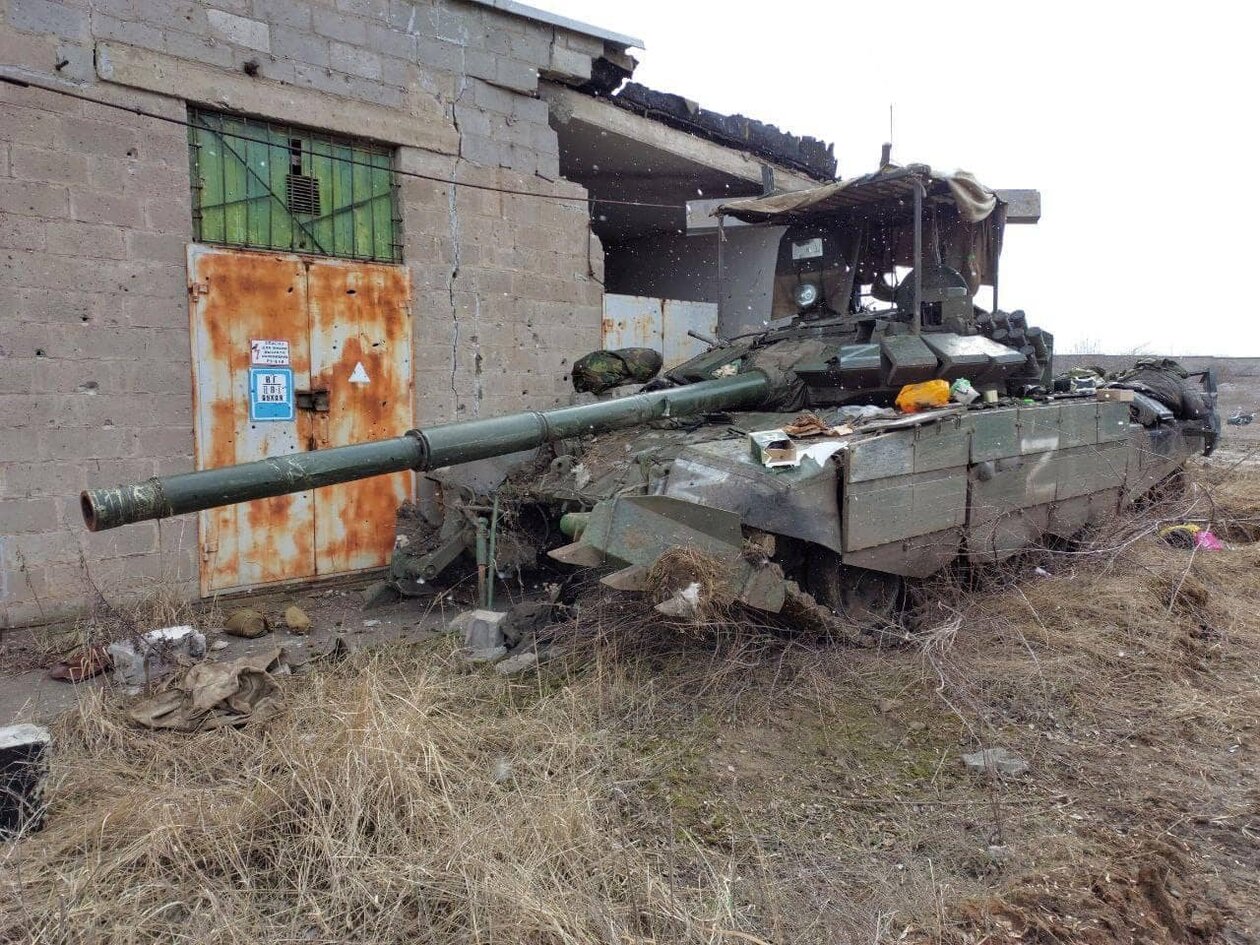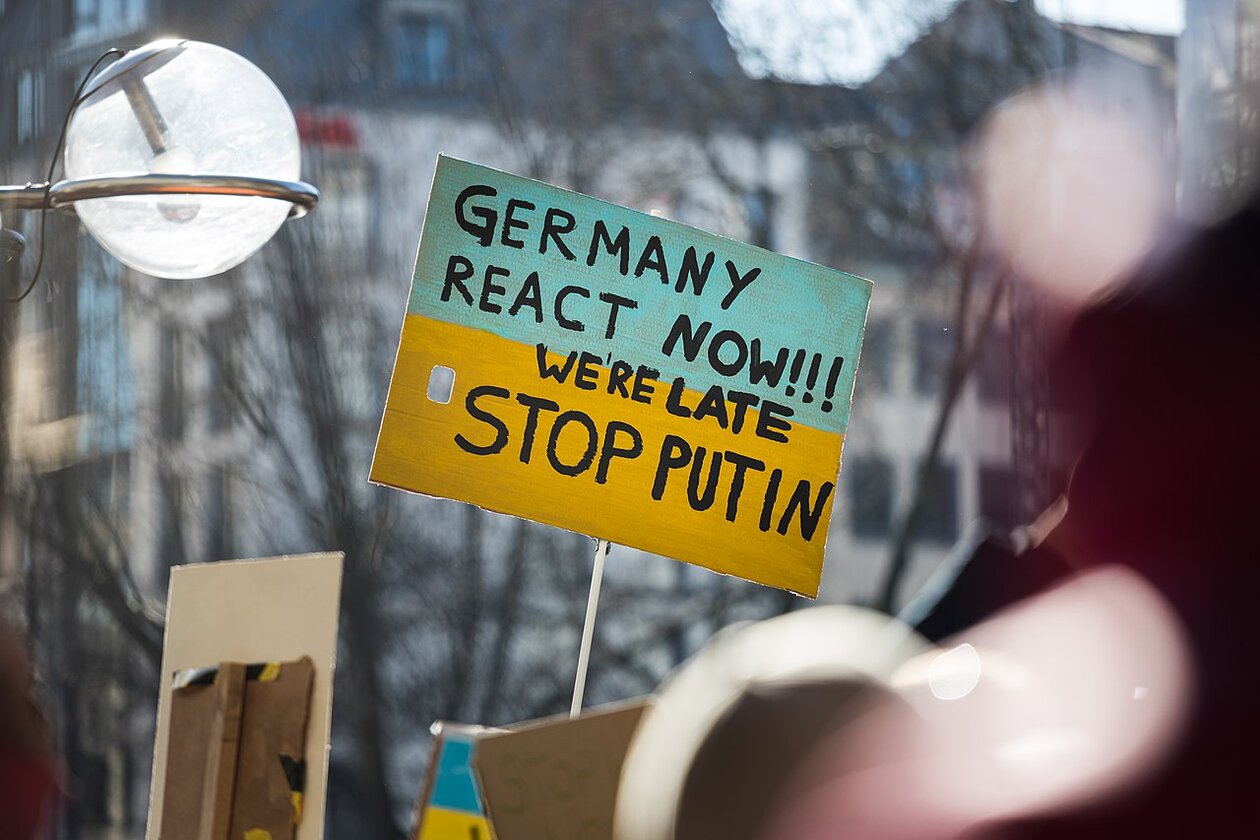Ukraine in NATO: A Path to Peace
Ukraine’s Forced Centuries-Long Russification
The Russo-Ukrainian war could only end if its root causes are addressed. The causes of Russia's seemingly 'eternal' war against Ukraine extend far beyond current geopolitical challenges. What Putin currently refers to as denazification is essentially the same processes of de-Ukrainization and Russification that began when Russians gained control over Ukrainian territories centuries ago. This process persisted under Catherine II, Peter I, the Alexanders, the Bolsheviks, and continues under current Russian nationalists. Regardless of the reigning regimes in Russia, their approach to the Ukrainian question endures. Russians — whether they identify as Reds or Whites, democrats or autocrats — have consistently exhibited unity in their policy towards a sovereign Ukraine. This phenomenon may attribute to the Russians' erroneous tracing of their state's origins to Ukrainian territory. This ideology unites, sustains and prevents disintegration of Russia by relying on a contrived past and fabricated victories. Notably, numerous Russian leaders and nationalists, including Vladimir Putin, have claimed that Russia would lack history, ideology, and victories without control over Ukraine. This viewpoint incites a fundamental fear: that Russia may cease to exist without dominion over Ukraine. Therefore, the current Russo-Ukrainian war roots into history and will persist until either one of the two nations disappears or until Ukraine sufficiently fortifies to repel Russian attacks. For instance, by joining NATO.
Ukraine's chances of ending this centuries-long forced Russification remain low without securing membership in the Alliance. Even if Ukraine expels Russia from its territory, the insatiable Empire will instantly accelerate preparations for a new military campaign against Ukraine.
Once Ukraine accedes to NATO, Russia will cease its attempts to re-conquer Ukraine.
Russian army failed to achieve victory in Ukraine. A military conflict with NATO could end up with far larger catastrophic repercussions. This fear explains Russian strive to create an illusion of an already existing 'war with NATO'. By seeking to intimidate the NATO member states population, Russian propaganda continues to exploit the West's decade-long fears of nuclear confrontation with Russia.

A destroyed Russian tank in Ukraine. CC BY 4.0 Ministery of Interior Affairs of Ukraine
There is no Alternative to NATO
Consider an alternative to Ukraine's NATO membership. If Russia gains control over Ukraine, it will spend years disseminating anti-Western propaganda among Ukrainians. Subsequently, it will likely enforce general mobilization in Ukraine, coercing Ukrainians to 'settle a score' with their Western neighbours. For instance, Russia might seek to coerce Ukraine to demand compensations from Poland for such past transgressions as the Operation Vistula or the occupation of Ukraine’s Dnieper right bank territories. This strategy mirrors Russia's radicalization of the population in Ukrainian occupied territories of Donbas and Crimea, as well as the indigenous peoples in Russia itself. As Moscow does not ask, but compels people to go to war, the Ukrainian population under Russian occupation will be forced to serve Russian national interests to act against the West.
Should Russia occupy Ukraine, it will use the country resources to beef up its economic and military potential. Ukraine will serve Russia to enhance its military-industrial complex, acquire millions in additional manpower for mobilization, and gain direct geographical access to NATO member states. Conversely, if Ukraine were to join NATO, these resources and territories would instead serve as a fortified bulwark for European security.

A pro-Ukrainian demonstration in Cologne, Germany. CC BY 4.0 Elke Wetzig
Russia’s Dissolution is not Inevitable
Largerly feared Russia’s dissolution after its withdrawal from Ukraine is not an inevitable outcome. Historically, Russians have shown a proclivity for contriving victories, when left without alternatives. Besides, Russia’s propaganda machine is infamous for turning battlefield losses into imaginary victories. This is, for instance, how Russian history frames the Crimean War of 1853-56 as a 'moral victory' for the Russian army and navy. Thus, a military defeat in Ukrainian will not necessarily jeopardize Russia's integrity and, sadly, even the current Kremlin regime. However, it might catalyze a sobering reflection within Russian society.
Ukraine's membership in NATO would derail Russia’s prospects to win militarily.
As a result, Russia's military-technical cooperation with China and other autocracies will likely cease, as any assistance to the aggressor could only incur economic sanctions.
Once Ukraine joins NATO, the supremacy of international law will be reestablished. It will also put a cap on discussions around Russia's potential use of nuclear weapons, the possibility of World War III, and would cease, and horizontal proliferation of nuclear weapons. This also increases the probability that highly rational Russians would call to end the war fearing military defeat and the country dissolution. Hence, Ukraine's membership in NATO will bring de-escalaion, foster peace and stability across the entire continent.
This is an opinion column. Ihor Semyvolos is an Executive Director at the AMES think tank in Ukraine. AMES is a partner organization of the European Resilience Initiative Center.
Did you like this article? Donate and support the European Resilience Initiative Center: